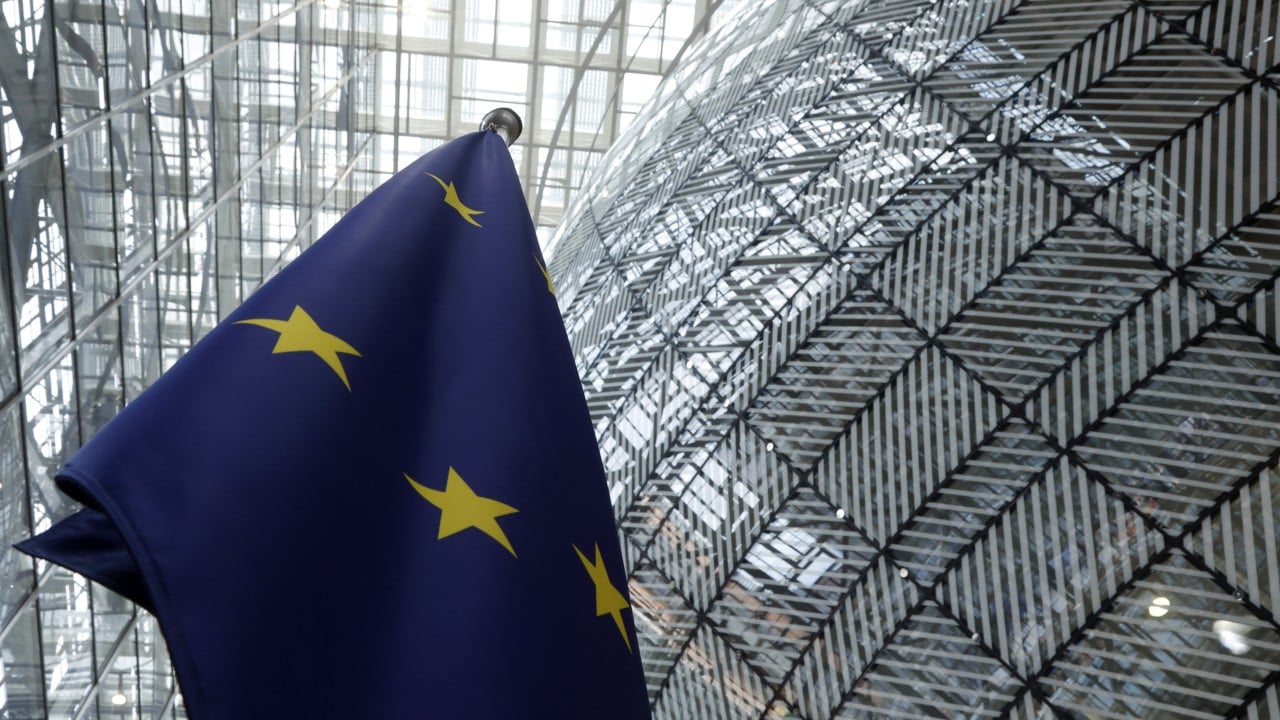Senior European Union officials are breathing a sigh of relief over a US-China tariff deal that may delay a diversion of Chinese exports to Europe.
Advertisement
But they have been warned that the bloc must reform quickly or become a “shock absorber” of tectonic upheavals in global trade imbalances.
The climbdown in superpower tensions following high-wire talks in Geneva last weekend has led to a mutual reduction in tariffs and a respite in the turmoil that has roiled markets since US President Donald Trump’s return to the White House in January.
It does not, however, meaningfully change a bleak outlook for Europe if it fails to quickly adapt to Washington’s efforts to reorder trade with China and the rest of the world, economists said.
“There is talk in Brussels of Europe becoming a ‘third pole’ in a bipolar world dominated by the US and China,” said Michael Pettis, a finance professor at Peking University. “But without deeper political integration and better coordination of fiscal and industrial policies, this ambition risks remaining a slogan rather than a strategy.”
Advertisement
“Europe might not become a pole at all, but rather a shock absorber – forced to adjust to the choices of others without shaping the outcomes,” added Pettis, an influential thinker on the changing nature of global trade.

